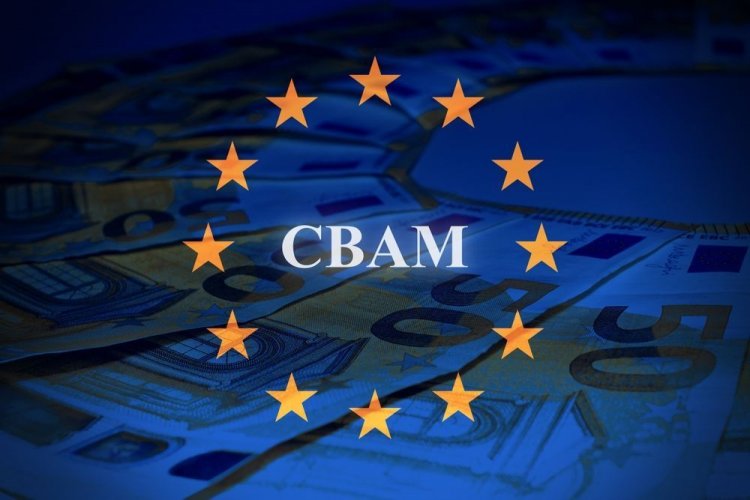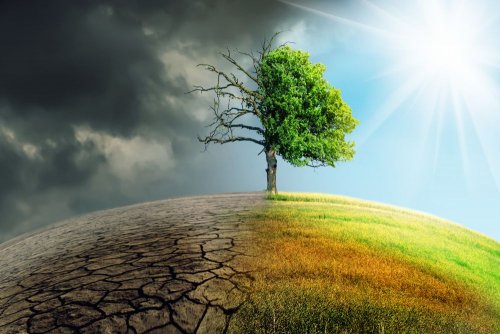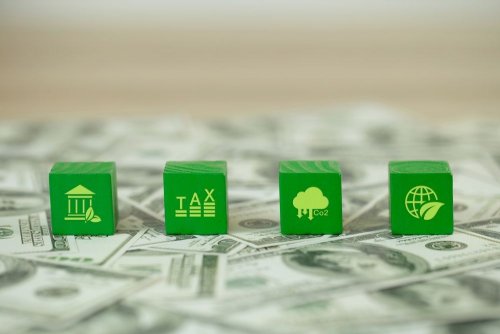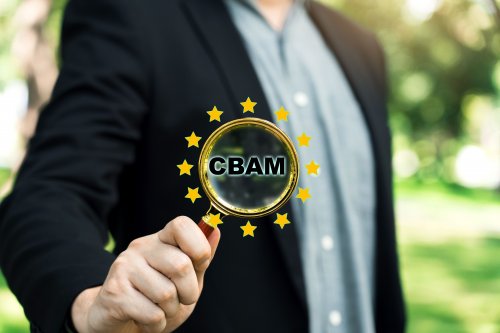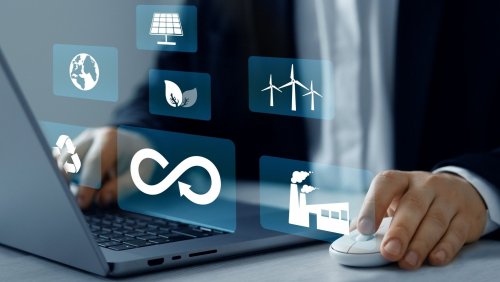The duty on domestic export goods subject to the Carbon Border Adjustment Mechanism (CBAM) will destroy Ukrainian industry and will not help improve the environment in our country.
This warning was expressed by Lyudmyla Tsyganok, President of the PAEW Association of Environmental Professionals.
She reminded that the full implementation of the CBAM from January 1, 2026 is a challenge even for the EU countries themselves. Therefore, the European Union provides a variety of internal support to its producers:
- financial assistance from numerous funds for the transformation of energy-intensive industries;
- investments in innovation, subsidies for green modernization, access to cheap green loans;
- the EU ETS, which has been operating for many years, has created a market for decarbonization.
The expert stated that our country does not currently have any of these tools.
CBAM risks for Ukraine
Lyudmyla Tsyhanok cited estimates by the Federation of Employers of Ukraine that GDP losses will reach 4.8% in 2026, and exports to the EU will decrease by 7.8%. This directly threatens foreign exchange earnings and the stability of the hryvnia. Experts also predict a 13.1% drop in the manufacturing index.
In addition, the application of the CBAM to Ukraine will result in the loss of 73.1 thousand jobs in the first year alone, and up to 120 thousand in the long run. This, in turn, will lead to a reduction in tax revenues by more than $3.5 billion, which will significantly affect the budget and defense capabilities, significantly reducing our country's ability to finance defense and post-war reconstruction.
It is because of all these threats that the Ukrainian government should ask the European Commission for a delay in the CBAM, as no official request has been made so far.
“Despite all the obviousness of the threat, no country has yet applied to the European Commission for the application of force majeure Article 30(7), which allows for the suspension of the CBAM in exceptional circumstances. Moreover, Article 30(7) explicitly provides for such a possibility in case of war!” emphasized Tsyganok.
Why CBAM will not help Ukraine's environment during the war
The expert named 4 reasons why the payment of the carbon tax will not contribute to the decarbonization of the domestic industry while a full-scale war is ongoing:
- Lack of resources for decarbonization. The PAEW President emphasized that Ukrainian industrialists cannot invest in environmental modernization while under constant attack.
“CBAM will force businesses to cut production or stop it altogether – without green investments, without switching to clean technologies,” she said.
- The economic downturn will reduce resources for implementing environmental policy. A decline in GDP and government revenues will make it impossible to create a system for monitoring and controlling emissions, as well as implementing a national climate plan.
- Deterioration of social conditions and the environment. Lyudmyla Tsyhanok is confident that mass layoffs and unemployment will force people to choose survival over environmental awareness.
- A decline in exports from Ukraine will lead to an increase in “dirty” imports from third countries.
“CBAM may cut off Ukraine, but it will not stop global emissions. Instead, the EU risks increasing imports from countries that have no climate commitments at all,” the expert explained.
Therefore, PAEW called on the Cabinet of Ministers of Ukraine to immediately request the European Commission to postpone the implementation of the CBAM for Ukrainian goods and to apply Article 30(7) of the CBAM Regulation to Ukraine as a ground for force majeure.
Experts also believe that the EU should demand a delay for the period of martial law and at least 5 years after its termination, or until Ukraine's full membership in the EU.
PAEW also believes that a necessary condition for resolving the CBAM issue is the formation of a negotiating group of experts, government officials, and business for a systematic dialogue with the EU.
“If there is no action, the consequences of the CBAM will be the biggest economic blow since the beginning of the war in 2022. We call on the President, the Prime Minister and the Ministry of Economy to act urgently,” the experts emphasized.
Recently, EcoPolitic reported that, according to the Ministry of Environmental Protection and Natural Resources of Ukraine, the European Commission proposed to postpone the full implementation of the carbon-based import adjustment mechanism (CBAM) for Ukraine until February 1, 2027. We also explained why the reliability of this information should be treated with some caution.

